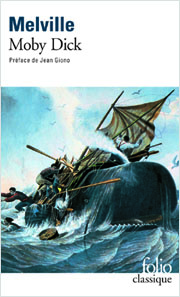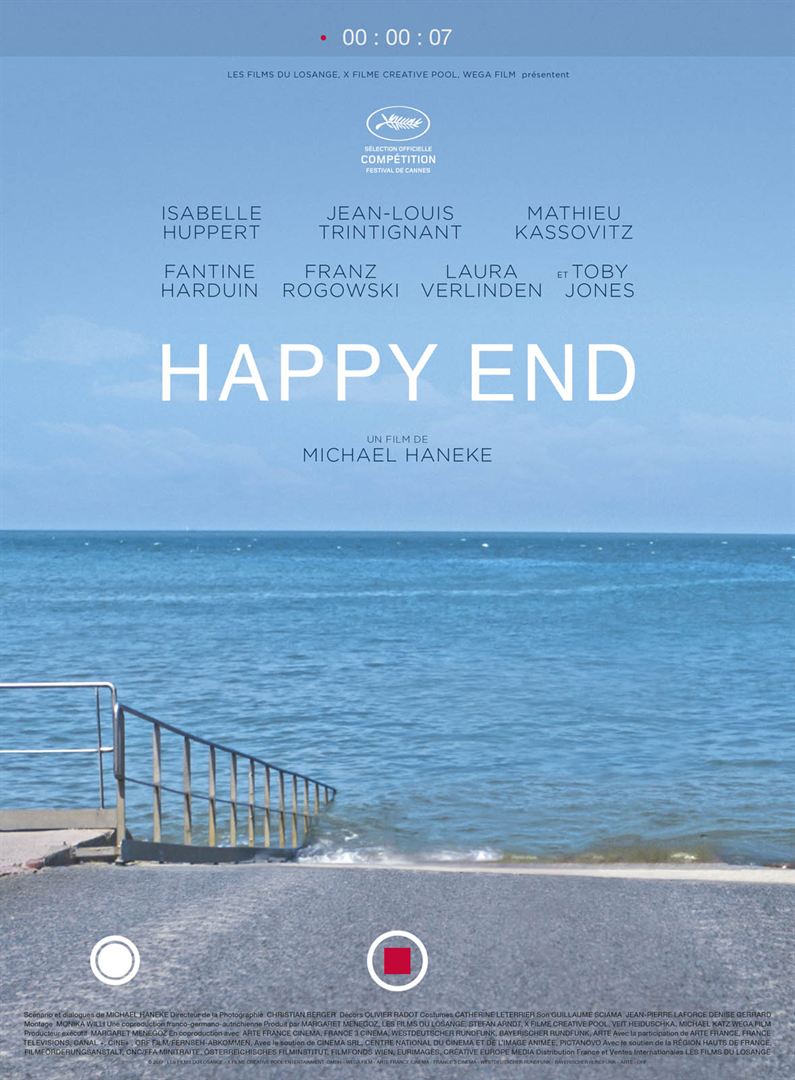Selon Clifford, il existe une "éthique de la croyance", qui repose avant tout sur un "devoir d'enquête" (The duty of inquiry) : "it is wrong always, everywhere, and for anyone, to believe anything upon insufficient evidence." Pour le prouver, il part d'un exemple concret. Cet article a été publié pour la première fois en 1877.
"A shipowner was about to send to sea an emigrant-ship. He knew that she was old, and not overwell built at the first; that she had seen many seas and climes, and often had needed repairs. Doubts had been suggested to him that possibly she was not seaworthy. These doubts preyed upon his mind, and made him unhappy; he thought that perhaps he ought to have her thoroughly overhauled and refitted, even though this should put him at great expense. Before the ship sailed, however, he succeeded in overcoming these melancholy reflections. He said to himself that she had gone safely through so many voyages and weathered so many storms that it was idle to suppose she would not come safely home from this trip also. He would put his trust in Providence, which could hardly fail to protect all these unhappy families that were leaving their fatherland to seek for better times elsewhere. He would dismiss from his mind all ungenerous suspicions about the honesty of builders and contractors. In such ways he acquired a sincere and comfortable conviction that his vessel was thoroughly safe and seaworthy; he watched her departure with a light heart, and benevolent wishes for the success of the exiles in their strange new home that was to be; and he got his insurance-money when she went down in mid-ocean and told no tales.
What shall we say of him? Surely this, that he was verily guilty of the death of those men. It is admitted that he did sincerely believe in the soundness of his ship; but the sincerity of his conviction can in no wise help him, because he had no right to believe on such evidence as was before him. He had acquired his belief not by honestly earning it in patient investigation, but by stifling his doubts. And although in the end he may have felt so sure about it that he could not think otherwise, yet inasmuch as he had knowingly and willingly worked himself into that frame of mind, he must be held responsible for it.
Let us alter the case a little, and suppose that the ship was not unsound after all; that she made her voyage safely, and many others after it. Will that diminish the guilt of her owner? Not one jot. When an action is once done, it is right or wrong for ever; no accidental failure of its good or evil fruits can possibly alter that. The man would not have been innocent, he would only have been not found out. The question of right or wrong has to do with the origin of his belief, not the matter of it; not what it was, but how he got it; not whether it turned out to be true or false, but whether he had a right to believe on such evidence as was before him (1)."
L'accident de chantier joue un rôle de déclencheur dans Happy End, mais s'il ne s'était pas produit (2), Anne Laurent eût-elle été moins coupable ? (3)
Notes
1. Clifford en arrive à la conclusion suivante : "It is the sense of power attached to a sense of knowledge that makes men desirous of believing, and afraid of doubting. This sense of power is the highest and best of pleasures when the belief on which it is founded is a true belief, and has been fairly earned by investigation. […] But if the belief has been accepted on insufficient evidence, the pleasure is a stolen one. Not only does it deceive ourselves by giving us a sense of power which we do not really possess, but it is sinful, because it is stolen in defiance of our duty to mankind. That duty is to guard ourselves from such beliefs as from pestilence, which may shortly master our own body and then spread to the rest of the town. What would be thought of one who, for the sake of a sweet fruit, should deliberately run the risk of delivering a plague upon his family and his neighbours? […] The danger to society is not merely that it should believe wrong things, though that is great enough; but that it should become credulous, and lose the habit of testing things and inquiring into them; for then it must sink back into savagery. […] To sum up: it is wrong always, everywhere, and for anyone, to believe anything upon insufficient evidence." "The Ethics of Belief", in W. K. Clifford, Lectures and Essays, 1879. Jacques Bouveresse se réfère à cet article dans Peut-on ne pas croire ? Sur la vérité, la croyance et la foi, Agone, 2007.
2. Comment filmer cela ?
3. Il y a vingt ans, Marcel Cohen voyait tout un monde commencer de basculer sous ses yeux. Les faits qu'il rapporte dans À des années-lumière se suffisent à eux-mêmes (Fario, 2013) : "Porter secours à un navire en difficulté, ou à un homme tombé à l'eau, était une loi si absolue qu'aucun marin n'avait besoin qu'on la lui rappelle. […] Aujourd'hui, un commandant qui se permettrait un détour pour sauver la vie d'un marin indien ou pakistanais gagnant 500 euros par mois aurait très peu de chance de faire carrière. […] En 2002 nous avons tenté, ma femme et moi, de calculer, avec l'aide d'un officier français de la marine marchande, ce qu'il en coûterait à un armateur de voir l'un de ses porte-conteneurs se dérouter pour une raison humanitaire. Nous avions pris l'exemple d'un navire transportant pour 700 millions de dollars de matériel électronique fabriqué en Chine. […] Toute journée supplémentaire en mer coûtait environ 200 000 dollars à l'armateur." Au début de Moby Dick, un homme bascule accidentellement par-dessus bord. Queequeg, que cet homme venait d'insulter, "comme si un homme blanc était quelque chose de plus qu'un nègre passé au lait de chaux", plonge pour le sauver. "Ceci fait, il mit ses vêtements secs, alluma sa pipe et, regardant avec douceur les gens autour de lui, sembla se dire à lui-même : ce monde, sous tous les méridiens, est une société anonyme de secours mutuel. Nous autres, cannibales, nous nous devons d'aider les chrétiens."
 |

